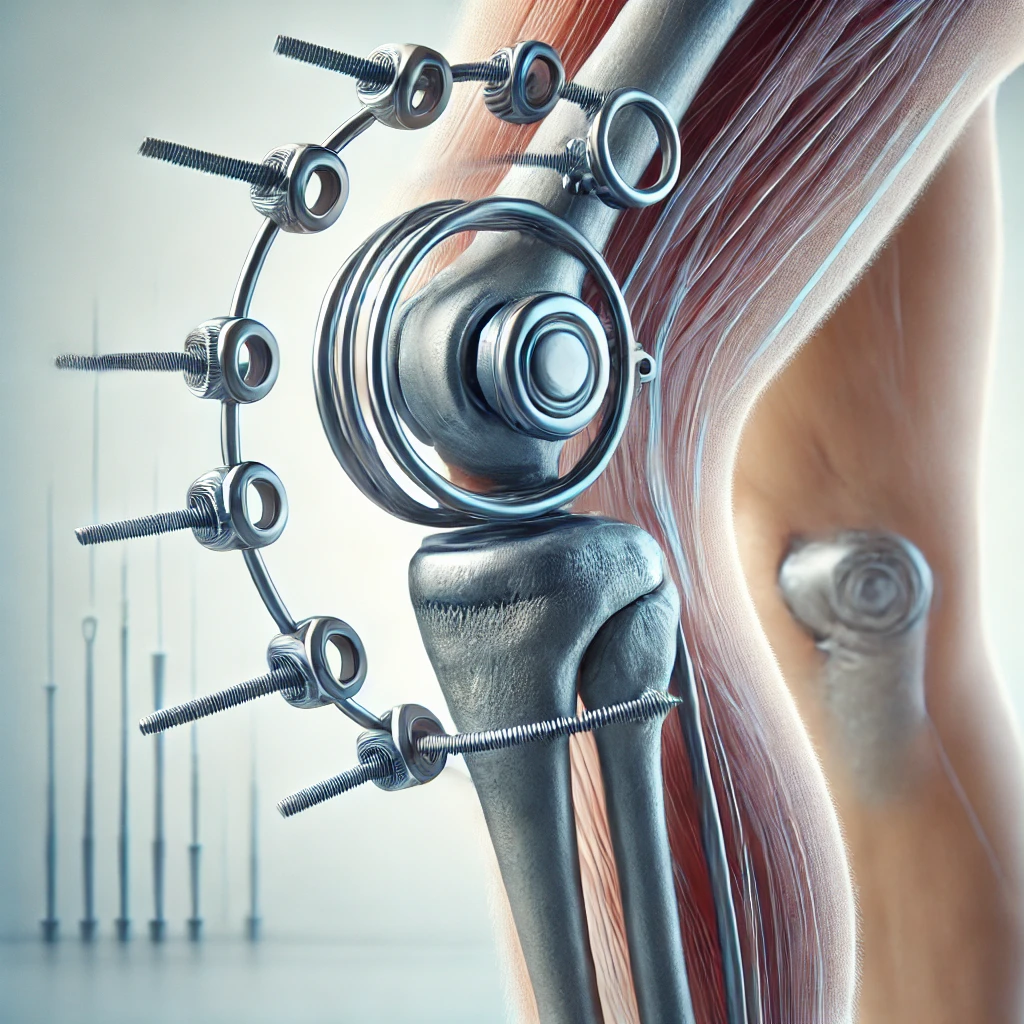Overview
Knee pain and joint degeneration can significantly impact mobility and quality of life. While knee replacement surgery is an option for severe cases, many non-surgical treatments can help manage pain and improve function. Understanding the causes, symptoms, and available treatment options is essential for making an informed decision about your knee health.
Common symptoms of knee joint issues include:
- ✔ Persistent pain – Especially while walking, climbing stairs, or standing for long periods.
- ✔ Swelling & stiffness – Indicating inflammation or cartilage damage.
- ✔ Reduced mobility – Difficulty bending or straightening the knee fully.
- ✔ Grinding or popping sensations – A sign of joint deterioration or ligament issues.
Treatment
Managing knee pain effectively involves a combination of lifestyle changes, therapy, and medical treatments.
🔹 Non-Surgical Treatments:
✔ Physical Therapy – Strengthens muscles around the knee for better support.
✔ Weight Management – Reduces excess pressure on the knee joint.
✔ Medications – Anti-inflammatory drugs or pain relievers for symptom control.
✔ Hyaluronic Acid or PRP Injections – Helps lubricate and heal joint tissues.
🔹 Surgical Options (Only for Severe Cases):
✔ Minimally Invasive Arthroscopy – Removes damaged tissue to relieve pain.
✔ Partial or Total Knee Replacement – Recommended when mobility is severely compromised.
By following the right treatment approach, many people can avoid knee replacement and maintain
an active lifestyle. If symptoms persist, consult an orthopedic specialist for a personalized treatment plan.
